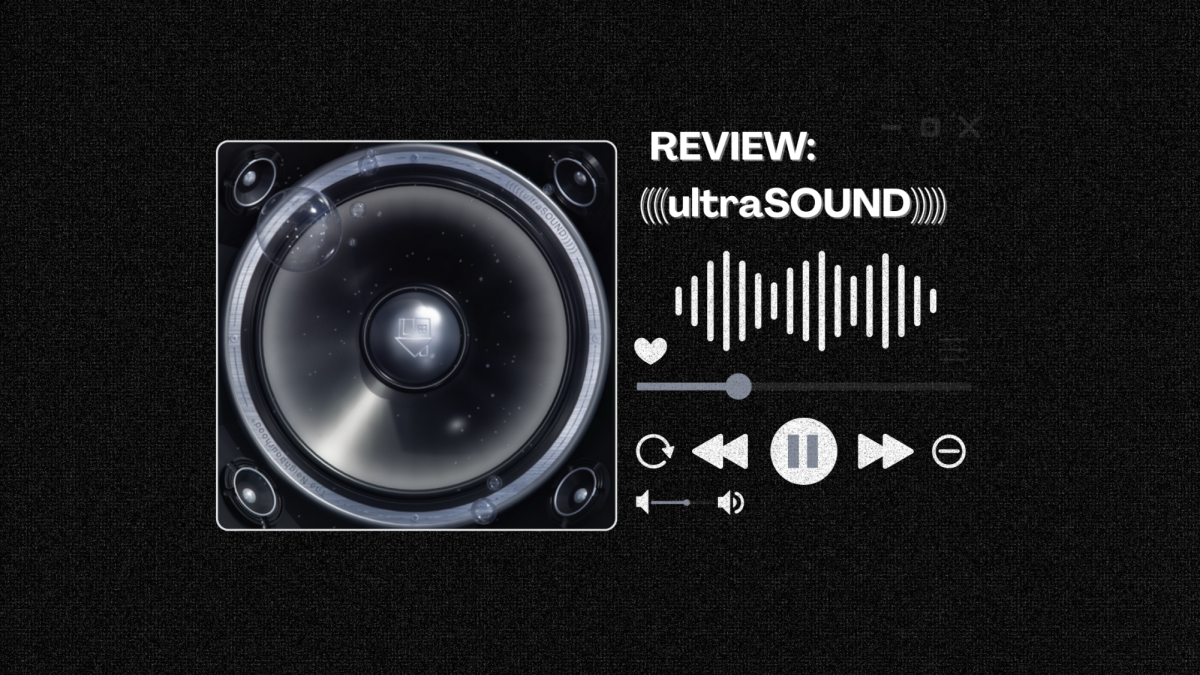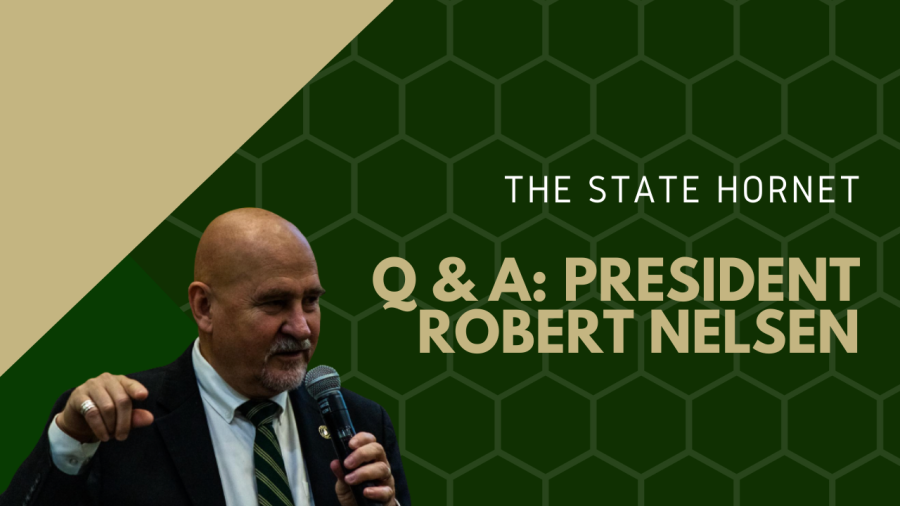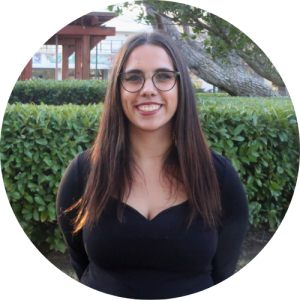Q&A: How Sac State is responding to campus antisemitism
The State Hornet sits down with President Robert Nelsen
Sacramento State President Robert Nelsen speaking to students about COVID-19 policies on Sept. 3, 2020. The State Hornet spoke with Nelsen on Sept. 23, 2022, about the university’s response to antisemitism on campus. Photo by Rahul Lal, Graphic by Tony Rodriguez.
September 30, 2022
Editor’s Note: This Q&A has been shortened and edited for clarity.
With multiple occurrences of antisemitic hate speech reported at Sacramento State this semester, The State Hornet sat down with President Robert Nelsen to talk about the university’s response and steps moving forward.
The following interview was conducted on Friday, Sept. 23, when Sac State had two reported incidents this semester, one in Mendocino Hall in a classroom and another near campus on J Street. Since then, two more reported incidents of antisemitic graffiti have been found at Sac State. Currently, there are four occurrences in total.
Nelsen said the university is conducting quarterly walk-throughs scheduled for early October and will hold a town hall “in the near future.”
Sac State’s response
Q: How is the President’s Office following up on the first two initial incidents? What kind of movement has there been since [the beginning of] September?
Nelsen: We’re continuing the investigation, looking at tapes and everything else on that front. We’re continuing to talk to the Jewish community about the situation.
Q: Can I get more of an idea, specifically from you, on what you mean by talking to the Jewish community? Are these student groups on campus?”
Nelsen: I’m talking to individual faculty members on campus. I have not spoken with the new Jewish Israeli social club. But the people from Student Organizations and Leadership have spoken with them and are staying in touch on that. I’m also in contact with the mayor.
Q: Why didn’t it [SacSend] mention which classroom [the first swastika] was in?
Nelsen: I don’t think there’s a reason for that. It wasn’t something that really occurred to us. We were writing that section [of the SacSend] incredibly quickly.
Outreach with Jewish communities on campus
Q: Why didn’t you or your office meet with the Jewish student organization on campus?
Nelsen: They haven’t reached out to us. In saying that, I’m not saying that they have a responsibility. We have a responsibility as well. But in talking to SOL, and knowing that there were ongoing conversations, I was pleased to know that those conversations were taking place. I meet with groups on occasion. But usually, if a group wants to meet with me, I’m always open.
Q: I know you mentioned that you don’t meet with student groups unless they reach out to you, but you also mentioned the responsibility of communicating with student groups. I’m curious, are there any plans to meet with the Israeli Jewish Association after [these first two incidents]?
Nelsen: I’d be happy to meet with them at any time.
Q: But that’s your responsibility as the president to communicate with students, right? So I was just curious if there [were] any plans.
Nelsen: I do try to communicate with students on all bases and try to make myself available right now. We do have open hours and I try to get to as many events as I possibly can. I go on a regular basis to the Multicultural Center, to the Pride Center, to the MLK center and go to the Dreamer’s Resource Center.
Q: Are there initiatives the university is doing to ensure Jewish students, or any other underrepresented community, feel safe on campus?
Nelsen: We’ve included [addressing antisemitism] in the anti-racism plan. I think it’s either the 27th or 28th goal for this year. So, we’re taking it very seriously–and it is part of what we’re doing with inclusive excellence. We’re making certain that we’re inclusive to all individuals on campus. I don’t think we developed a plan beyond that. We just added it to the anti-racism plan and now we’ll start and start discussing about what we can do.”




































































































































